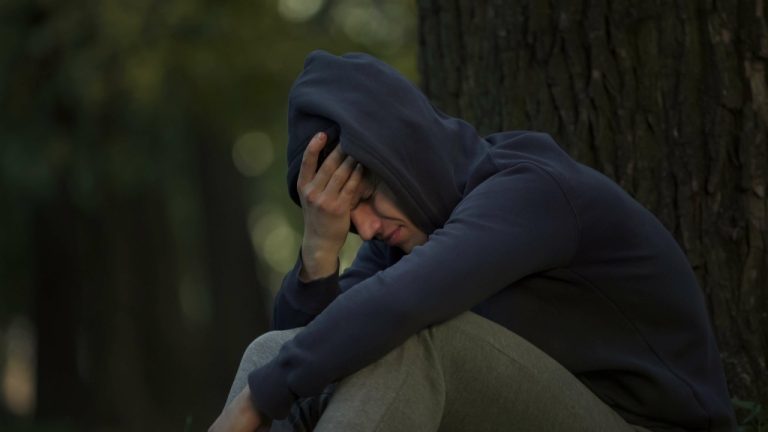Therefore, it's important to stop binge drinking, particularly if you have repeated episodes of binge drinking. In the United States, about 1 in 6 adults binge drink, and 25% of those people binge drink weekly. The National Institute on Alcohol Abuse and Alcoholism states that if a person drinks enough alcohol on one occasion to bring their BAC above .08%, it is considered a binge drinking event.
- Beattie and colleagues (1992) developed and partially validated an instrument they titled “Your Workplace” (YWP), which can be used in job sites to measure the extent to which the workplace culture encourages drinking.
- The pilot program was conducted at a Midwestern site matched with a comparison plant.
- A range of telltale signs may indicate the presence of an alcohol-impaired co-worker or employee.
- They also are much prone to be lazy, sleepy, performing badly, and being less productive.
- Depending on what your alcohol habit was like, you may experience fewer or more withdrawal symptoms as you cut back.
In most states, an employee will be disqualified from receiving workers’ compensation benefits if the employee’s own intoxication caused his or her injuries. However, if the intoxicated employee injures another risks of drinking after work employee at a company event, the injured employee might have a workers’ comp claim. Employers are generally legally responsible for the actions its employees take during the course and scope of employment.
Related Content
One study found that nearly half of alcohol-related deaths in the United States were due to binge drinking. The short-term health effects of binge drinking are both physiological and due to the symptoms of intoxication. Read on to learn more about the health effects of binge drinking and how to stop. And now you know that employers cannot discriminate against you because of your past. In this program, a counselor meets with you and can refer you for addiction treatment. In 2019, about 6% of deaths from workplace injuries were due to opioid overdose on the job.

Just because binge drinking is normalized in many settings does not mean that it is healthy or even safe. You can take steps to prevent binge drinking, like avoiding situations in which it is likely to occur, saying "no" when offered a drink, or making a commitment to yourself not to drink. Binge drinking has been described https://ecosoberhouse.com/ by both number of drinks and blood alcohol content (BAC). If your coworker struggles with an alcohol use disorder, the most important thing you must remember is to not ignore a potential issue with alcohol in the workplace. If you suspect your coworker is misusing alcohol, listen if they want to talk about their issue.
The EAP’s Role in Followup and Relapse Prevention
Post-work drinks, a desire to socialise and a fear of missing out were all ranked among the top reasons people fell off the wagon during Dry January. However, people participating in events like Dry January are already more likely to be moderate drinkers, said Hamilton. "Even if people do feel they benefit from Dry January it's difficult to know whether this is solely due to cutting out alcohol, as people tend to do parallel healthy things like eat more healthily and take up exercise." According to Ian Hamilton, a lecturer in addiction at the University of York, Dry January "prompts people to think about not just how much they drink but what their individual relationship with alcohol is". So people who realise they are drinking frequently in order to relax might "think about alternative ways to relax rather than relying on alcohol", he told BBC Good Food. Heavy and problem drinkers should not stop drinking alcohol without first seeking medical advice.